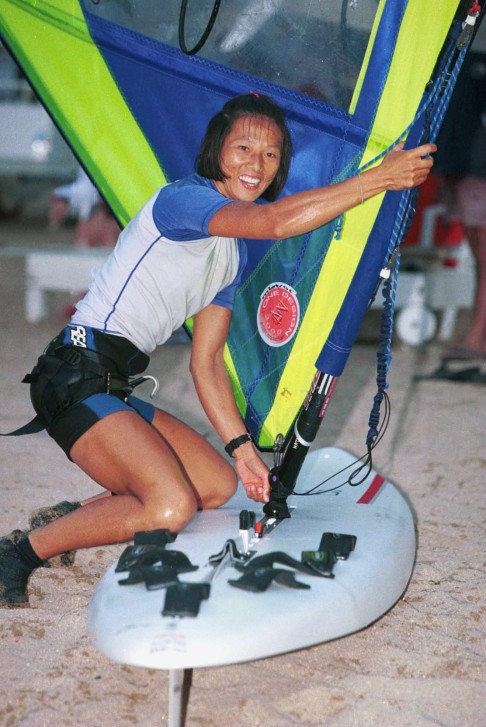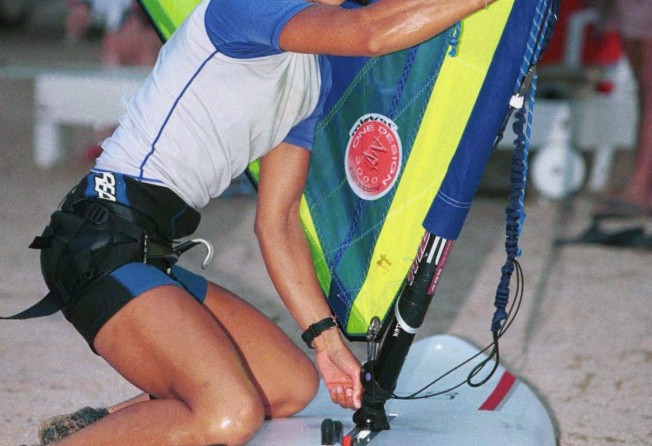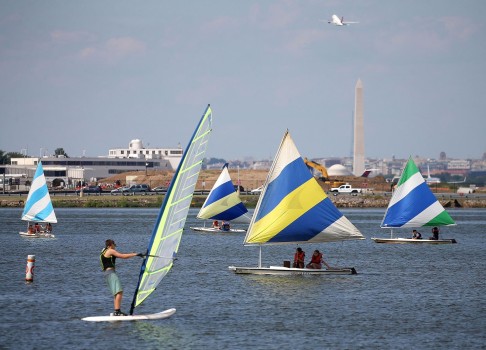
Why so few young Hongkongers get a chance to learn sailing


It is a complicated sport, with lots of classes, names, terms and rules. Children need to learn all of that and the skills to sail a boat, and to be very exact with measurements, take advantage of the elements, be wary of their relative positions with other racers and bluff at the right moment. I have lots of respect for sailing children. The dedicated ones spend all their Saturdays and Sundays training, and often a few afternoons after school each week.
Sadly, however, most Hongkongers see sailing as a sport only for the rich. While anyone in the city can learn to sail cheaply at government centres, it does require a lot of money if you want to race at a high level because of all the coaching, equipment and overseas trips required.
Hong Kong is not big on sport. The Chinese treasure academic success over sports or arts. I think most Chinese think being brainy is more important. But when Lee Lai-shan won gold for us at the 1996 Olympics, the whole of Hong Kong celebrated. Funding started pouring in for windsurfing. No one remembered that, before she found fame, she and her coach had to camp out in the cold and eat bread three times a day while training in Europe because of a lack of funding.
Last month, up-and-coming sailors Tse Sui-lun and Chik Ho-yin spoke about the need to leave the sport if they don't make the Olympics. This is how our government supports our promising youths: they do not invest in advance. They bank on Hongkongers' "can do" spirit.

Another reason why it's mostly international or Hong Kong Sea School students who can afford to get involved in sailing is because most local schools lack the mindset to help their students excel in sports.
When my older girl started racing, her coach asked her to join in some after-school training. She needed to get off school 30 minutes early for practice for four days. We discussed the matter with the school but, after waiting for a month, we were told the time slots clashed with school tests and experiments. So she missed the training.
If the government genuinely cares about grooming a new generation of healthy young people, it should offer help much earlier, have a vision and strategy, and reach out to provide this information. This would give young people something to look forward to and more locals would be encouraged to join the sport of sailing, which, if done properly, could even grow to become a profession that contributes to a diverse economy in Hong Kong.
Cam Cheung is a former journalist and a mother of two